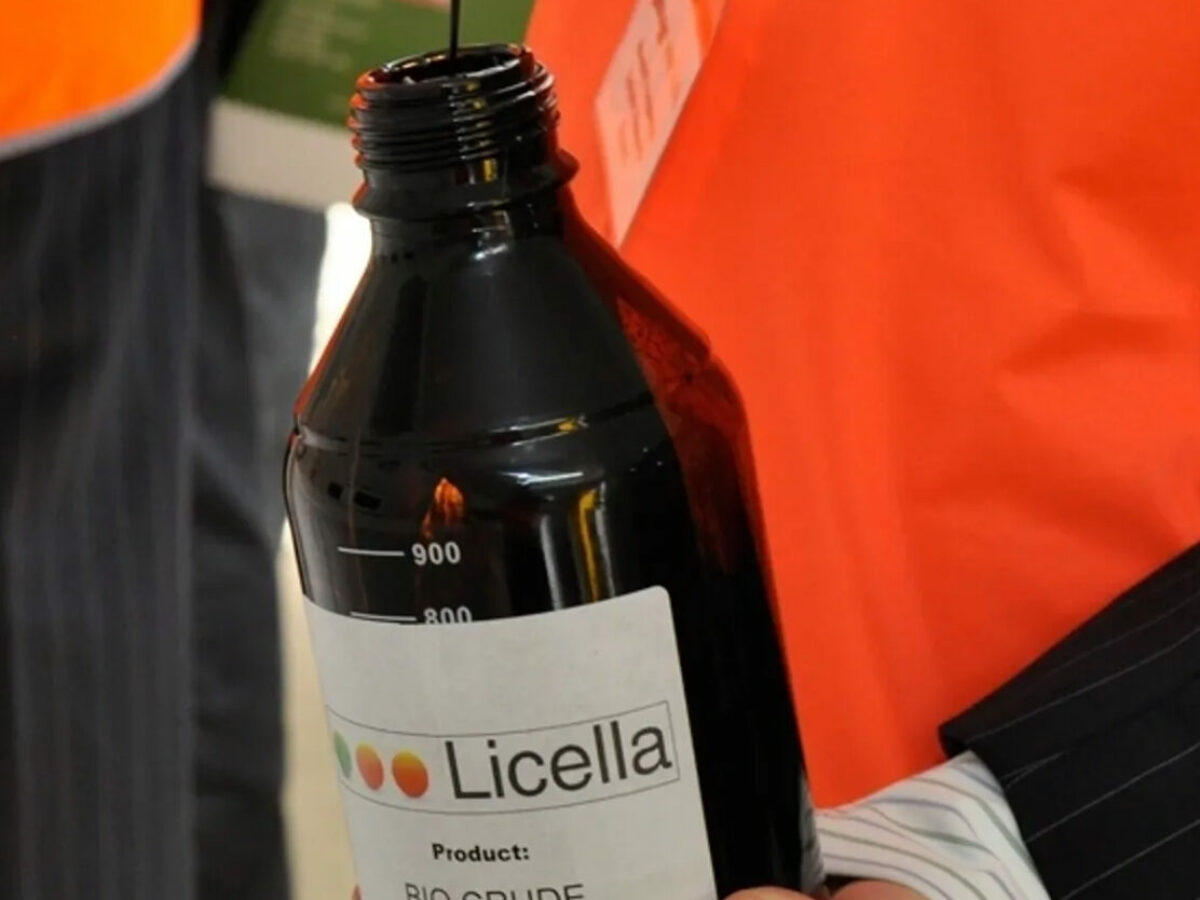Licella, Shell partner to pursue biomass-to-aviation fuel processing

Recycling technology company Licella has announced a new partnership with the decarbonisation division of Shell, applying the two companies’ collective expertise to biofuels, particularly sustainable aviation fuels (SAF.)
In a statement on Monday, Licella described the news as a “global upgrading collaboration” combining its proprietary hydrothermal liquefaction process, known as Cat-HTR, with partner Shell Catalysts & Technologies’s hydroprocessing technology.
Cat-HTR was developed by University of Sydney chemistry researchers and is able to turn biomass into renewable biocrude. (The process is also used by Licella and its partners to recycle post-consumer plastics back into crude oil and other chemicals.)
“The flexibility and efficiency of our… platform enables us to target the feedstocks that other technologies can’t access, and positions us to transform the advanced biofuels landscape globally” said Len Humphreys, Executive Chairman of Licella.
Elise H. Nowee, President, Shell Catalysts & Technologies, added: “By combining our expertise in hydroprocessing with Licella’s innovative technology in this field, our collaboration aims to advance the production of sustainable, low-carbon fuels on a commercial scale economically.”
Under the agreement with Shell Catalyst & Technologies, Shell will be “a global upgrader for the biocrude produced by Licella’s owned and operated commercial units” upgrading the biocrude into “refined, low carbon fuels, supporting the roll-out of integrated biorefineries” and with focussing on SAF.
It is also planned for Shell to lead efforts on certification of this new processing pathway for creating such fuels.
According to Licella, Cat-HTR offers “significantly higher yields of renewable biocrude, at a lower energy intensity” versus pyrolysis and gasification.
The news follows the announcement last month of a $36.8 million project (with $14 million in combined support from ARENA and the Queensland government) on a Front-End Engineering Design (FEED) study and other work assessing the viability of an alcohol-to-jet fuel facility at Townsville.
Picture: credit Licella
Further reading
Net zero agriculture, plastic waste CRCs get the nod
Nestle leads push to recycle soft plastics
Why Australia needs refineries and plastics manufacturers for a circular plastics future
Qantas could act to bolster domestic oil refining
Boeing invests in Wagner’s Brisbane SAF refinery, construction slated for 2026
@aumanufacturing Sections
Analysis and Commentary Awards casino reviews Defence Gambling Manufacturing News Online Casino Podcast Technology Videos





